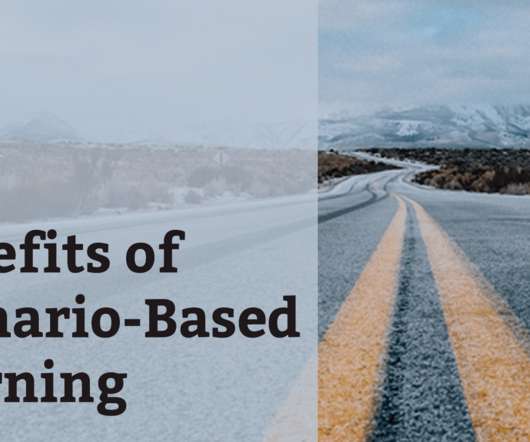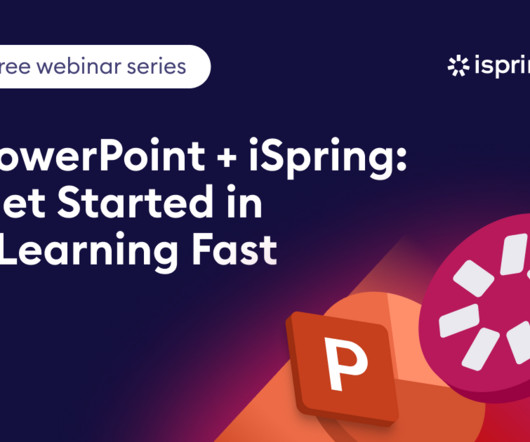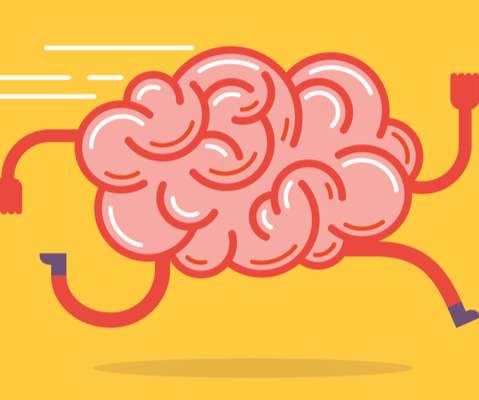Benefits of Scenario-Based Learning
Experiencing eLearning
DECEMBER 15, 2020
.” There is no substitute for experience as the basis for job competence, and scenario-based e-learning offers opportunities to gain experience in a safe and controlled manner… Second, the world of work does not usually present learning opportunities in the best sequence for learning. The situations are complex.





































Let's personalize your content